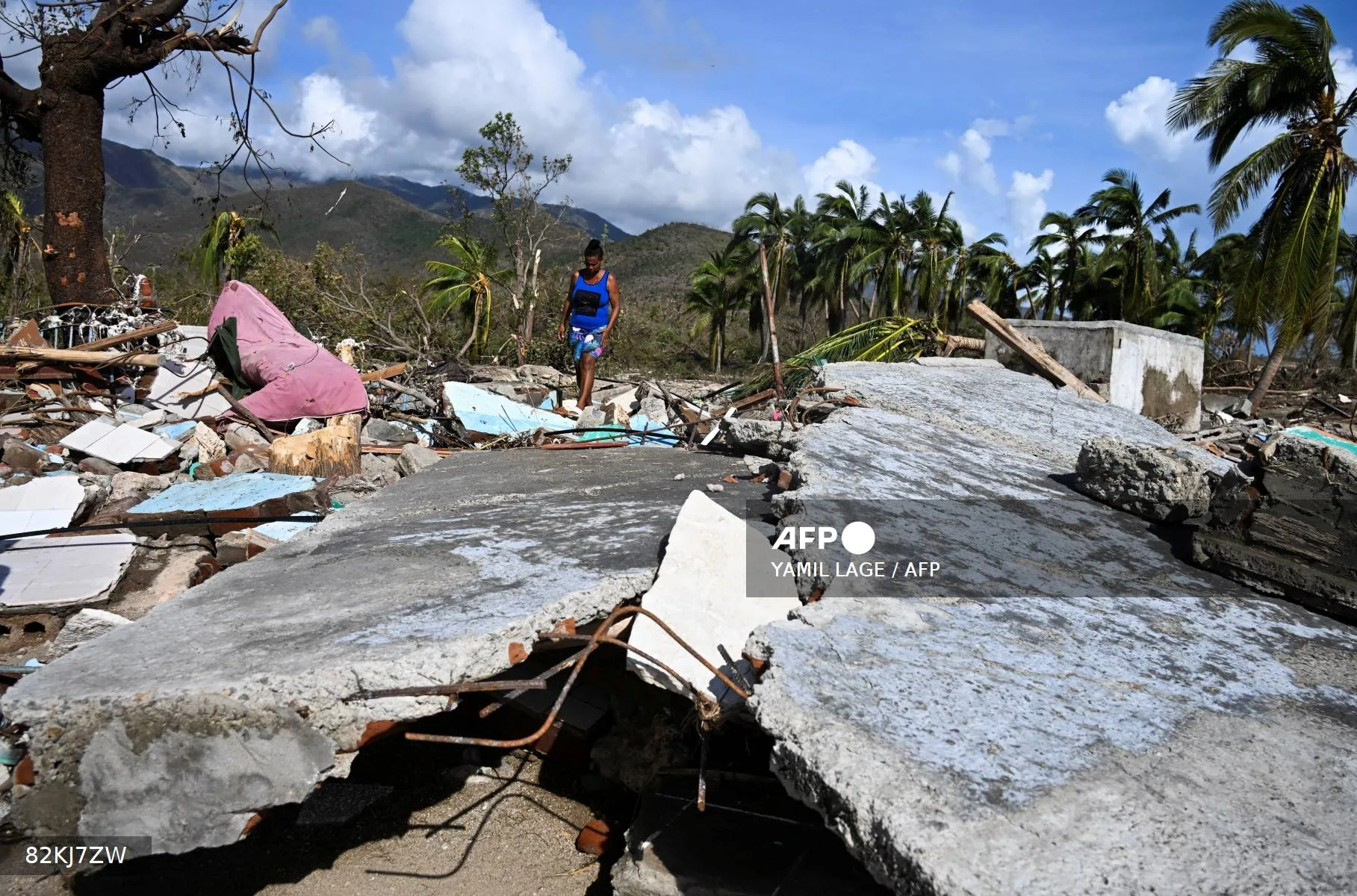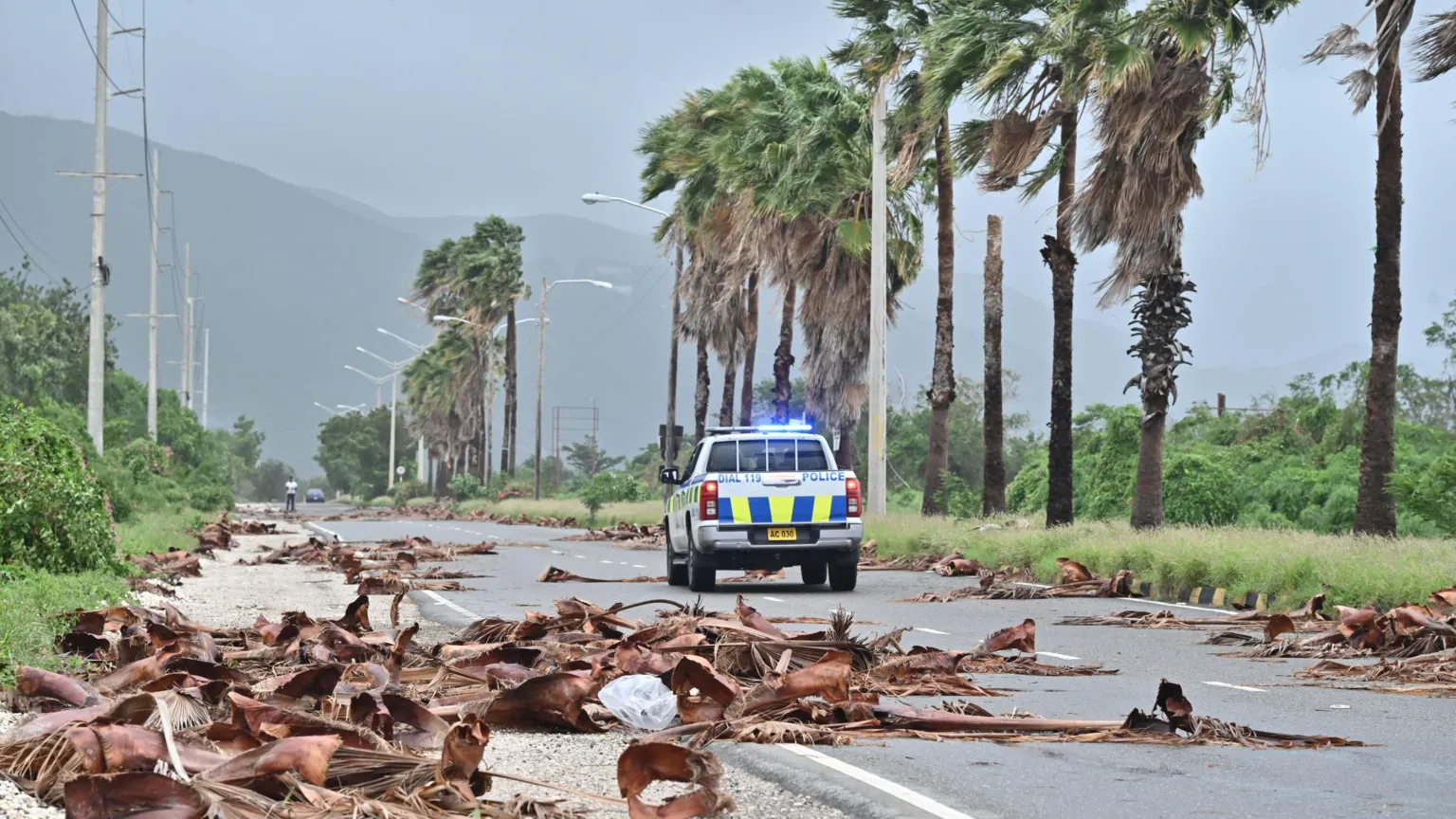Global warming refers to the gradual increase in the Earth’s average temperature due to the build-up of greenhouse gases like carbon dioxide (CO₂) and methane (CH₄) in the atmosphere. These gases trap heat, which makes the planet warmer. Human activities such as burning fossil fuels, cutting down forests, and industrial processes have increased the amount of these gases in the air. This warming is causing changes to the environment, affecting our daily lives in many ways.
- SHIFTS IN WEATHER PATTERNS
This is one of the most noticeable effects of global. Regions are experiencing extreme heatwaves, where temperatures rise much higher than usual making life uncomfortable and even dangerous, especially for the elderly, children, and outdoor workers. Higher temperatures result in more energy use, especially for air conditioning, which can cause power shortages and higher electricity bills.
In addition to the heat, rainfall patterns are becoming unpredictable. Some areas are suffering from long droughts, which affect food production and lead to water shortages. On the other hand, some regions witness heavy rainfall, leading to floods that damage homes, roads, and crops. This makes it difficult for farmers plant seasonally, affecting food supply and local economies. For example, in Nigeria, the harmattan season is unpredictable, sometimes arriving late or lasting for only a short time.
- RISING FOOD PRICES AND AGRICULTURAL PROBLEMS
Global warming also affects food production. Farmers depend on stable weather, but the rising temperatures and changing rainfall patterns make farming harder. Crops like maize, rice, and beans struggle to grow in extreme heat, leading to poor harvests and higher food prices. Extreme weather like heavy rains and floods also destroys crops, while droughts dry up water sources, making it difficult to water crops. These problems lead to food shortages and higher prices, which affect consumers and businesses.
Many farmers can no longer afford irrigation systems, which makes it harder for them to grow enough food. Some are abandoning farming because it has become too risky, pushing them into financial hardship.
- MORE FLOODS AND DROUGHTS
Water-related disasters like floods and droughts are becoming more common due to global warming. As temperatures rise, rainfall patterns are changing, leading to both heavy rains and long dry spells. In cities, heavy rainfall can overwhelm drainage systems, leading to severe flooding that destroys homes and infrastructure. In coastal areas like Lagos, rising sea levels are making floods worse, with water often staying for longer periods and causing lasting damage.
At the same time, some regions are facing long droughts. In places like northern Nigeria, where dry conditions are common, droughts are making land barren, and rivers are drying up. This is causing problems for farmers, who find it harder to irrigate crops and get clean drinking water.
- HEALTH PROBLEMS
Global warming also has serious impact on human health. Heatwaves increase the risk of dehydration, heatstroke, and even death, especially in crowded urban areas where people don’t have access to air conditioning. These conditions are putting more pressure on hospitals and health systems.
Warmer temperatures also make it easier for disease-carrying insects like mosquitoes to spread diseases such as malaria and fever. In areas where these diseases were once rare, they are now becoming more common. Likewise, the rise in air pollution, from things like industries and transportation, is also causing respiratory problems like asthma and chronic lung diseases, especially in big cities.
- CHANGES TO ECOSYSTEMS AND WILDLIFE
As the climate changes, animals and plants are being forced to adapt, move to new areas, or face extinction. Many species are being pushed out of their natural habitats as temperatures rise. For example, polar bears in the Arctic are struggling to find food and ice because the ice is melting. Similarly, some species are moving to cooler areas in search of better living conditions, upsetting natural ecosystems.
Coral reefs, which are important underwater ecosystems, are also being affected. As ocean temperatures rise, corals expel the algae they rely on for food, leading to coral bleaching. Without these algae, corals become weak and more susceptible to disease, which can cause large die-offs. In Nigeria, changes in bird migration patterns have been noticed, with some species arriving earlier or later than usual.
Global warming is a serious problem, but there are things we can do to help slow its progression and better adapt to its consequences.
USE CLEAN ENERGY
One of the most effective ways to fight global warming is by using clean, renewable energy. Solar, wind, and hydroelectric power are all good alternatives to fossil fuels, which contribute to global warming. Individuals can help by using energy-efficient appliances, reducing electricity usage, and supporting eco-friendly products. Companies can also make a difference by using renewable energy and improving their energy efficiency. Governments can lead the way by creating policies that promote clean energy and reduce emissions.
SUSTAINABLE FARMING TO PROTECT FOOD SECURITY
Farming should be made climate-friendly. This means using drought-resistant crops, adopting better farming methods, and conserving water. These practices will help make farming more resilient to changing weather conditions and ensure a steady food supply.
PROTECTING NATURE
Preserving natural ecosystems, like forests, wetlands, and oceans, is crucial in the fight against global warming. These areas absorb carbon dioxide and help regulate the climate. Planting trees and restoring damaged forests can remove carbon from the air and help restore balance to nature. It’s also important to reduce waste by recycling and cutting down on single-use plastics.
Global warming is no longer a future problem; it is happening right now. Its effects; extreme weather, food insecurity, health issues, and damage to ecosystems are becoming more noticeable every day. But there is hope. By taking action, using clean energy, supporting sustainable farming, and protecting nature, we can reduce the impact of global warming and build a more sustainable future for everyone.





